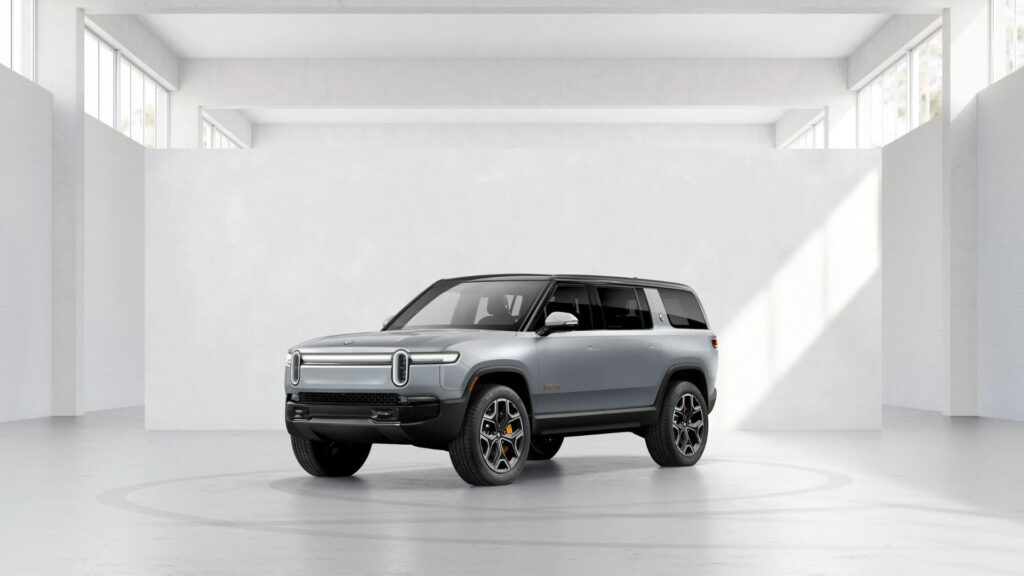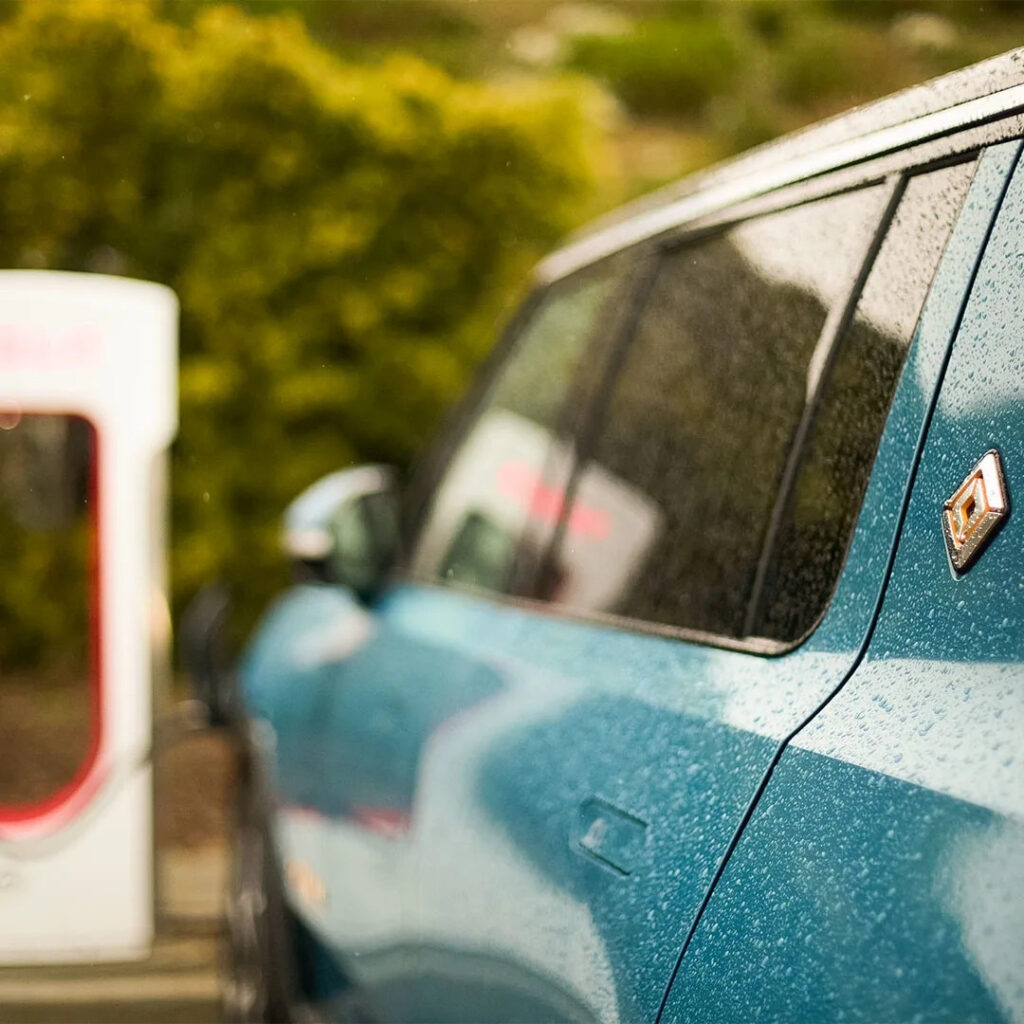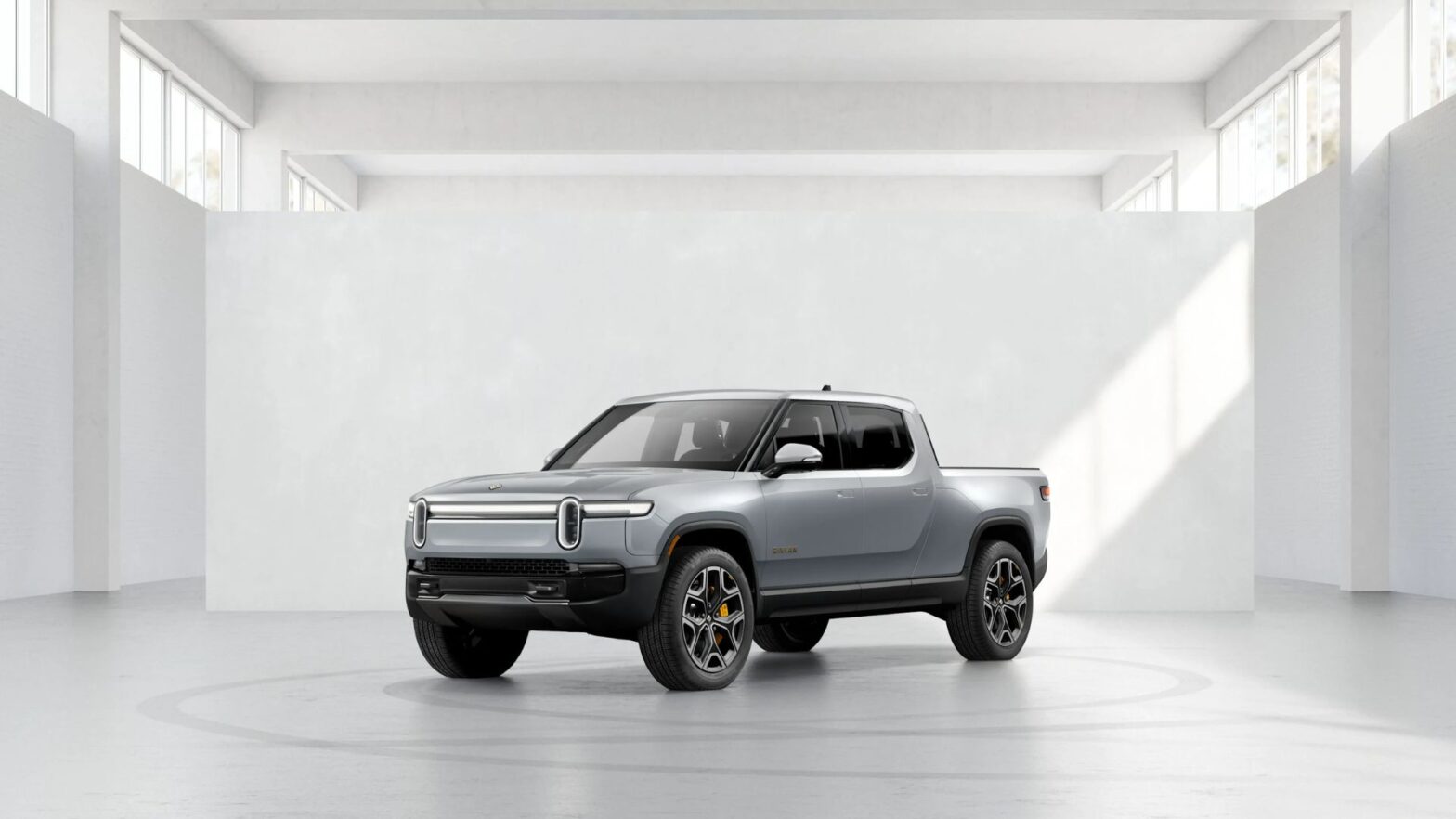Rivian’s electric vehicles (EVs), namely the R1T pickup and R1S SUV, have recently received a significant blow in Consumer Reports’ latest reliability rankings. The company, a new player in the EV space, now finds itself at the bottom of the list among 22 evaluated brands, with a meager score of just 14 out of 100. This score is far below industry leaders like Toyota (62) and Subaru (68), who are known for their consistent reliability.
Despite these sobering reliability results, Rivian has earned commendations for owner satisfaction. According to Consumer Reports, 86% of R1T and R1S owners stated they would repurchase from the company, reflecting the brand’s strong appeal despite technical issues.

The Root of the Problems
Rivian’s decline in reliability stems from several recurring issues that plague its EVs. Problems with electric motors, batteries, and charging systems were highlighted as major pain points. In some cases, vehicles became inoperable shortly after delivery. Issues with the electric motors and batteries, critical components of any EV, have led to complaints about “bricked” cars — one such report described an R1T that failed just weeks after delivery.
Another notable area of concern is the advanced infotainment systems. Owners have reported glitches with the touchscreen and problems with navigation and other electronic functions, which detract from the overall user experience. These challenges are not isolated; other new entrants in the EV market, including Ford’s F-150 Lightning, have also been grappling with similar issues. Even as Rivian’s performance and design receive praise, the underlying reliability of its vehicles remains shaky.
Rivian’s situation is a reminder of the growing pains faced by many new automakers, especially in the fast-evolving EV sector. As Jake Fisher of Consumer Reports noted, startup companies like Rivian often encounter technical hurdles as they refine their platforms. It’s a harsh reality for a company that entered the market with bold promises and innovative designs. However, these issues are not unique to Rivian. Other electric vehicles, including those from well-established manufacturers, continue to struggle with reliability. For instance, the Ford Mustang Mach-E has been praised for its reliability, but many electric vehicles still lag behind traditional gas-powered models.

Looking Ahead
While Rivian’s current position in reliability rankings is troubling, it is not entirely unexpected. As Steven Elek of Consumer Reports suggests, the overall reliability of EVs is improving, but it’s a gradual process. As manufacturers like Rivian mature and refine their technology, the reliability of their vehicles is likely to improve. For now, Rivian’s challenge will be balancing its high owner satisfaction with the need to address these technical issues. The question remains: Can Rivian iron out its reliability concerns before they damage its standing in the competitive EV market? Only time will tell.













